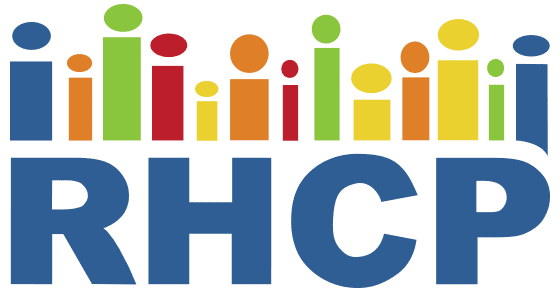Stories for Change Protocol: A Randomized Controlled Trial of a Digital Storytelling Workshop Intervention for Hispanic/Latino with Type 2 Diabetes
Contemporary Clinical Trials 126 (2023) 107093
Abstract
Background: Hispanic/Latino adults are disproportionately impacted by type 2 diabetes mellitus (T2D). The Stories for Change (S4C) Diabetes digital storytelling intervention promotes T2D self-management among Hispanic/Latino people. We describe the S4C protocol and participant baseline characteristics.
Methods: Study eligibility criteria: Hispanic or Latino, age 18–70 years, ≥1 office visit within a year at a participating clinic, T2D diagnosis for ≥6 months, HbA1c ≥ 8%, and intention to continue care at the recruitment clinic. We used a two-group, parallel randomized controlled trial design and an intervention derived through a community-based participatory research approach. All participants received usual diabetes care and two cards describing how to engage healthcare teams and access diabetes-related resources. At baseline, the intervention group additionally viewed the 12-min, intervention video (four stories about diabetes self management). To encourage subsequent video viewing, participants received five monthly text messages. The messages prompted them to self-rate their motivation and self-efficacy for T2D management. The control group received no additional intervention. Bilingual (English/Spanish) staff collected data at baseline, six weeks, three months, and six months including biometric measurements and a survey on diabetes self-management outcomes, theory-based measures, and the number of video views. We reviewed the number of diabetes-related appointments attended using electronic medical record data.
Results: Participants (n = 451; 70% women, mean age = 53 years) had an average HbA1C ≥9%. Intervention participants reported identifying with the storytellers and engaging with the stories.
Conclusion: We present a digital storytelling intervention protocol that provides a template for future health promotion interventions prioritizing health disparity populations.

